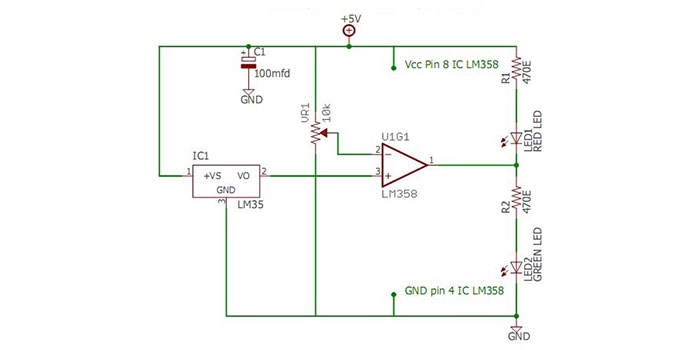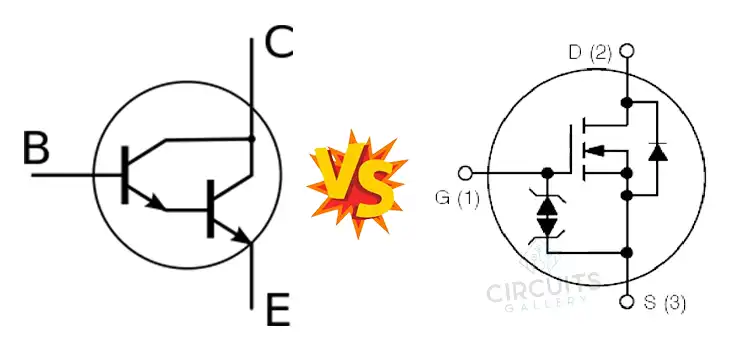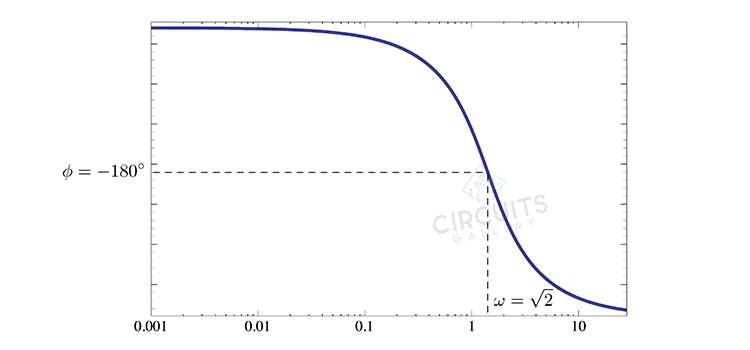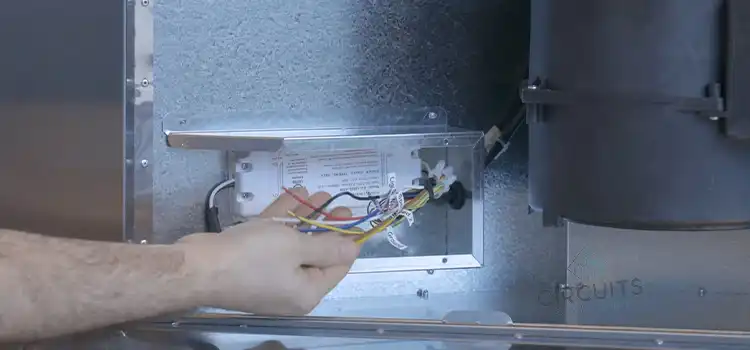Is Stainless Steel Conductive
Yes, stainless steel is a conductor of electricity. Although its conductivity is not as good as copper or silver, it shows a decent level of conductivity. It has a specific resistance of 6.897×10-7 Ω-m.

Like all other metals, stainless steel also shows conductivity. But it is a poor conductor among metals. Its specific resistance is about 40 times more than pure copper. So it is not suitable as an electric conductor and doesn’t have any practical use as a conductor.
Is Stainless Steel Conductive
Yes, stainless steel is conductive, but it is a poor conductor compared to excellent conductors of electricity like silver and copper. To understand why it is so, we have to understand why metals are conductors and the effect of lattice imperfection on the conductivity of the metal.
Why Are Metals Conductors
Metals are electrically conductive because metals form crystal lattices, where the outer shell electrons of one atom are shared among the other atoms and the electrons can move freely through the lattice. Due to the presence of moving electrons metals are conductors of electricity.
Why Is Stainless Steel Poor Conductor
Stainless steel is an iron, nickel, carbon, and chromium alloy. Although this makes the metal resistant to corrosion, it also creates imperfections in the crystal lattice of iron. Due to imperfections, the flow of electrons is hampered. Thus, the conductivity of stainless steel is poorer than pure iron or any other pure metal.
Is Stainless Steel a Good Electricity Conductor
No, stainless steel is not a good conductor of electricity. Stainless steel is an iron, chromium, nickel, and carbon alloy. The presence of chromium atoms disrupts the regular lattice structure of iron and increases the chance of inelastic collisions with moving electrons. This reduces the conductivity of stainless steel.
Is Stainless Steel Electric Proof
No, stainless steel is not electric proof. It is a conductor. Although it may not be an excellent conductor, it will still conduct more than enough electricity to cause fatal injury or even death. So, bare stainless-steel tools must not be used to handle live electric lines.
Is 304 Stainless Steel Electrically Conductive
Yes, 304 stainless steel is conductive. 304 stainless steel consists of a minimum of 18% chromium and 8% nickel combined with a maximum of 0.08% carbon. It has a specific resistance of 6.897×10-7 Ω-m and a specific conductance of 1.45×106 S/m.
Frequently Asked Questions
What is more conductive between steel and stainless steel?
Steel is more conductive than stainless steel. Steel and stainless steel have a specific conductance of 6.206×106 S/m and 1.45×106 S/m respectively. So, steel is about 4.28 times more conductive than stainless steel.
Conclusion
Stainless steel is conductive. But it is not a great conductor due to the presence of chromium atoms as an impurity in the iron crystal structure. Due to this imperfection in the crystal structure, the conductivity of stainless steel is poor.
Subscribe to our newsletter
& plug into
the world of circuits




![What Gauge Wire for Grounding Rod [Everything You Need to Know]](https://www.circuitsgallery.com/wp-content/uploads/2023/10/What-Gauge-Wire-for-Grounding-Rod.webp)
